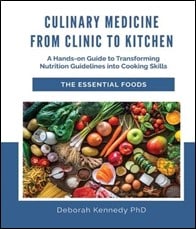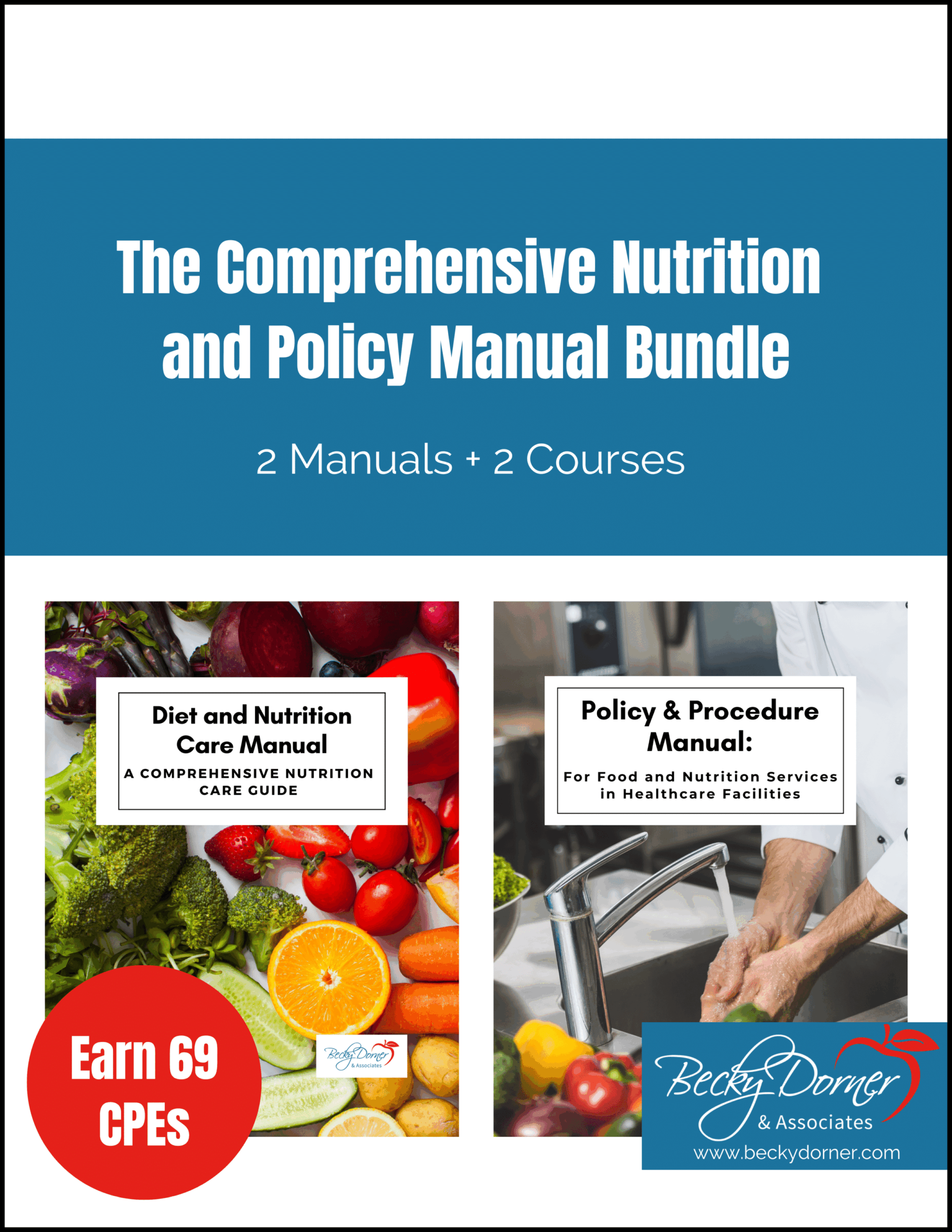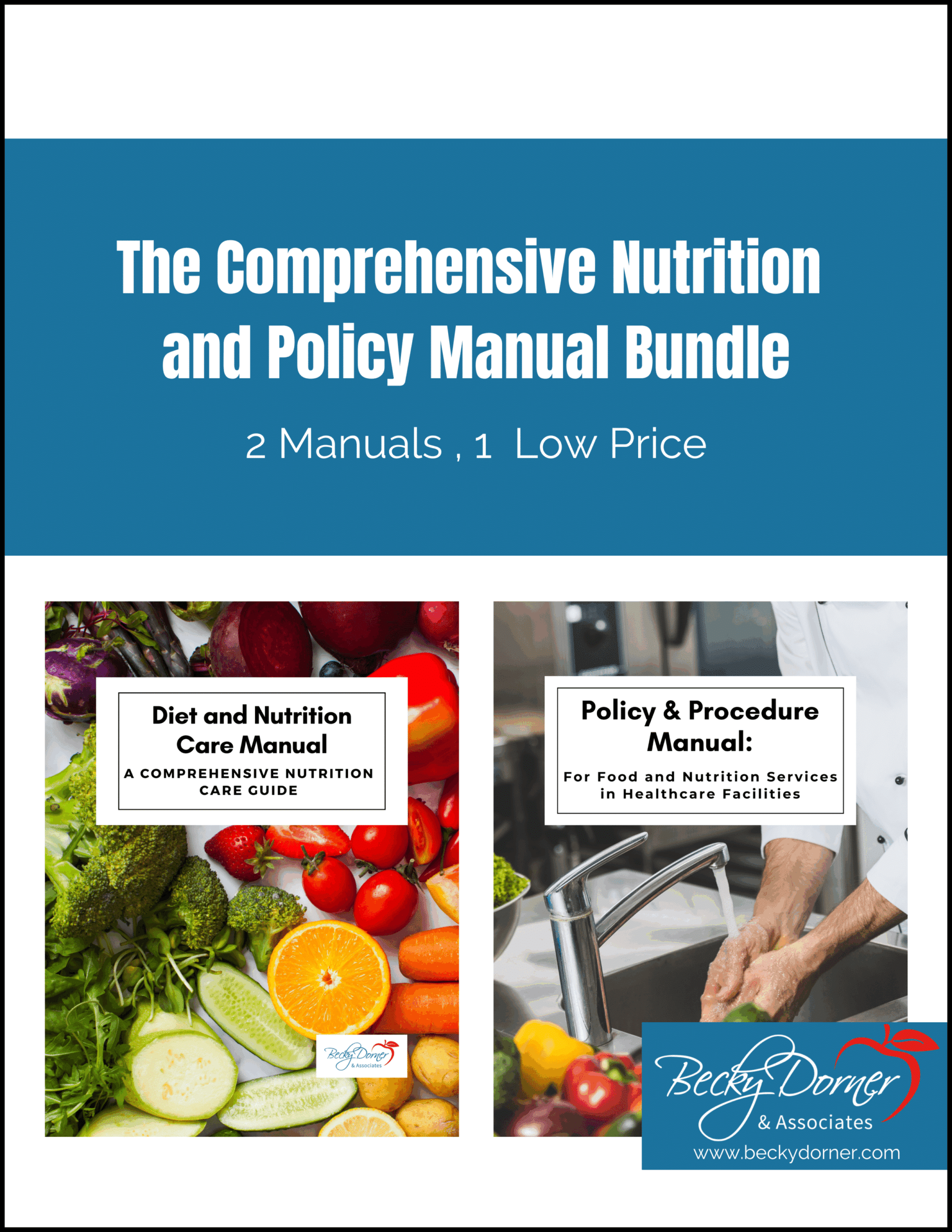
It’s time to grab your shopping cart and head to the produce section, because September is National Fruits and Veggies Month! Dedicated to the many plant foods that we all enjoy, this month is about raising awareness of the health benefits of fruits and vegetables.
Fruits and Veggies Month is the perfect opportunity to educate people on how vital fruits and vegetables are for a well-rounded, healthy diet. The truth is that most people do not eat anywhere near the recommended amount in their daily food intake, and their nutrition could be suffering as a result.
Take advantage of Fruits and Veggies Month as an opportunity to enlighten patients on the health benefits of plant foods. Providing patients with educational materials on advantages of including these vitamin- and mineral-rich foods can get them on the track to a healthier lifestyle. To help get you started, we’ve compiled a selection of articles that elaborate on the importance of fruits and vegetables for a healthy lifestyle.
National Fruits and Veggies Month Toolkit 2021: Celebrating The International Year Of Fruits & Vegetables
Produce for Better Health Foundation
The United Nations General Assembly has dubbed 2021 The International Year of Fruits and Vegetables, a year for increasing awareness on why fruits and vegetables are essential for optimal health and wellness. The public also learns that eating a diet rich in fruits and vegetables is better for the environment.
Fruit and Vegetable Intake and Mortality
Circulation – American Heart Association
Large portions of fruits and vegetables in your diet are vital for health and longevity. Increased fruit and vegetable intake is associated with lower mortality rates, supporting the current dietary recommendations to incorporate more fruits and vegetables into a daily diet.
Learn More with Our Self-Study Course

Review of the Dietary Guidelines for Americans, 2020-2025
This CPE self-study course includes required reading of The Dietary Guidelines for Americans 2020-2025, a document published by the U.S Department of Agriculture (USDA) and Health and Human Services (HHS) meant to serve as nutrition guidelines for the general public. The focus is on a “lifespan approach” to highlight the importance of healthy eating from infancy through advanced age.












